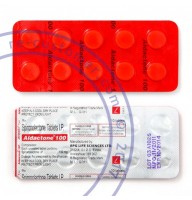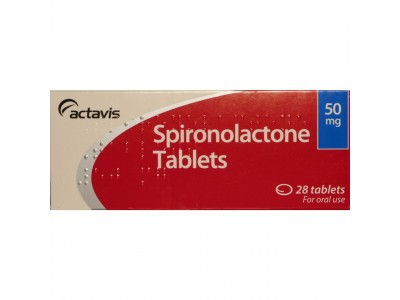Spironolactone is widely recognized in the medical community for its effectiveness in treating hormonal acne, particularly in cases where traditional treatments haven't worked. It's commonly used when acne is linked to hormonal fluctuations, such as those seen in conditions like polycystic ovary syndrome (PCOS).
Patients who use Spironolactone often report a gradual improvement in their acne over several weeks to months. The medication works by blocking androgens, which are hormones that can increase oil production and contribute to acne development. As a result, many individuals see a reduction in acne lesions, particularly the deep, cystic types that are resistant to other treatments.
The response to Spironolactone can vary. Some people experience significant improvements, while others might need dosage adjustments or additional treatments to achieve the desired results. Common side effects include changes in menstrual cycles, breast tenderness, and potential interactions with other medications. It's crucial for users to be monitored by a healthcare provider to manage these side effects and adjust treatment as needed.
Overall, Spironolactone is considered a valuable option for hormonal acne, particularly when other treatments have been ineffective. Its use and effectiveness are well-documented, but as with any medication, individual experiences can differ.

